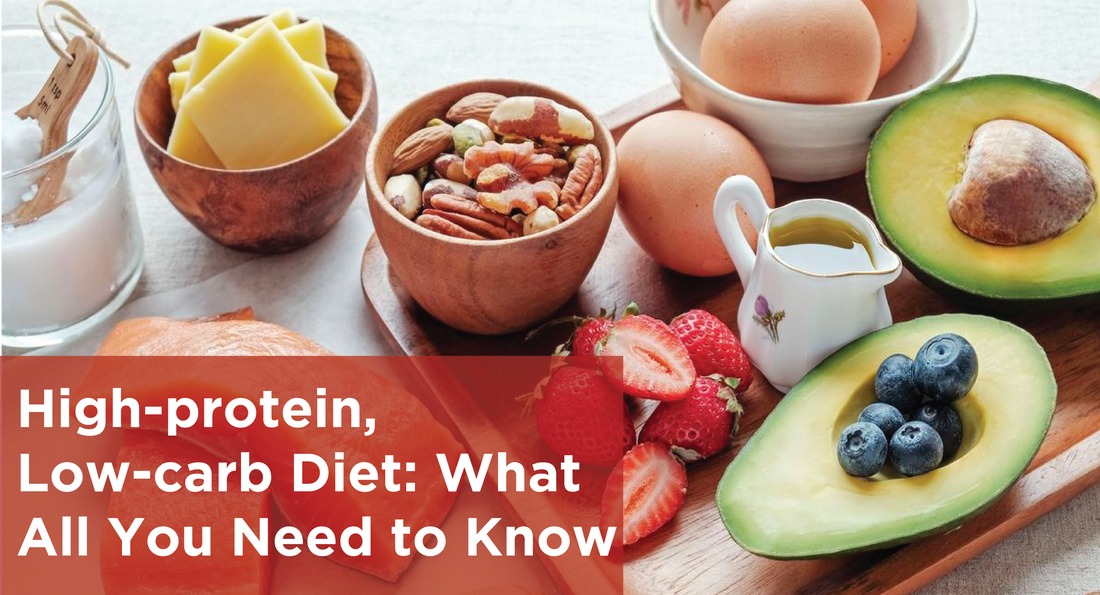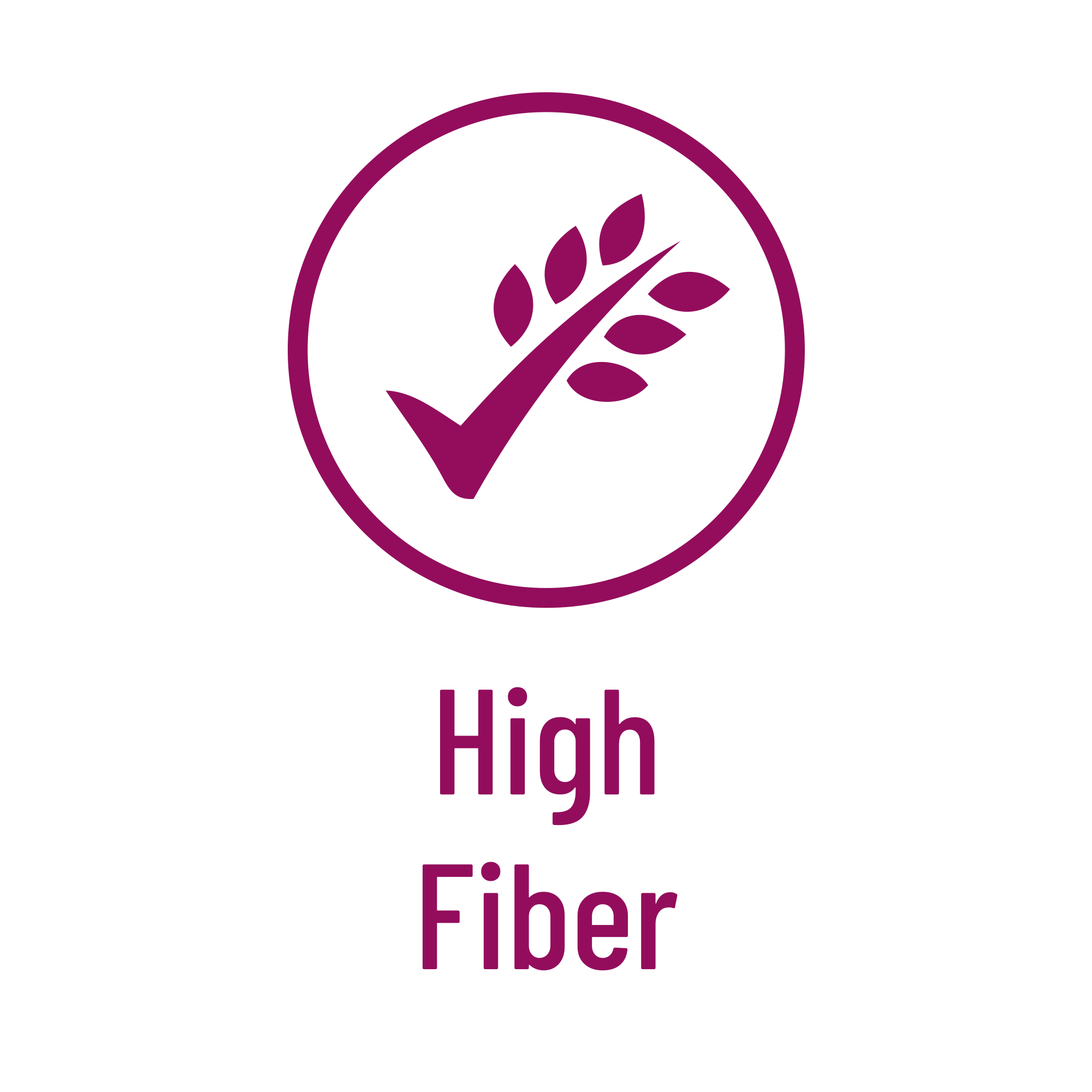Being widely promoted as a means for various weight loss plans, low-carb, protein meals have surfaced as an effective way for weight loss and maintaining muscle mass.
Evidence supports that in low-carb diets the total daily calories are restricted to under 26%, which means 130 grams of carbohydrates per day. Whereas for a very low-carb diet, the calories from carbs should be fewer than 10%. However, according to an investigation, in a high-protein diet, the recommended daily allowance (RDA) of protein stands at 1.3 grams/kg of body weight. The investigation further discovers that an approximate intake of 1.3 grams of protein per day supports weight training and muscle strength.
Let's take a more detailed look at a low-carb, high-protein meal and its benefits and side effects.
What to eat and what to avoid?
-
A high protein, low-carb diet typically emphasizes on
- Nutrient-rich foods like eggs
- Fish like cod, shrimp and clams
- White meat like chicken and turkey
- Some sources of high-protein vegetarian food options such as tofu and soy foods
- Non-starchy vegetables like broccoli, mushrooms, peppers and cauliflower
- Dairy products like cheese and yoghurt
- Nuts and seeds like almonds, sunflowers and chia seeds
-
Carb-rich foods that you should limit
- Foods rich in starch like white bread, pasta and white rice
- Sweetened food products like sugar, maple syrup, and coconut sugar
- Sugary drinks, including sweetened tea or coffee, sweetened alcoholic drinks and juices
- High-carb processed foods like pizza, fried chicken and French fries
High-protein, low-carb diet: Potential health benefits
1. Suppresses hunger and promotes weight loss
A meal with high protein content promotes a weight loss effect and suppresses hunger. A high-protein, low-carb diet will eventually make you feel full and satisfied by increasing the secretion of glucagon. Thus reducing your overall food intake. Other than decreasing hunger levels, this diet is effective for controlling hunger hormones like ghrelin. Protein rich meals boost the thermic effect of food which causes calories to burn during digestion and enhances the process of weight loss.
2. Greater control over blood sugar levels
High carbs directly influence blood sugar levels. On the other hand, high-protein, low-carb diets exhibit more control over blood sugar levels. Our blood glucose levels rise when we consume too many carbs. When we limit our carb intake and become more aware of counting carbs, our blood glucose levels show improvement.
3. Maintaining bone health
Protein is very crucial for building good bone mass and maintaining proper bone health. A high-protein diet strengthens our bones and heals bone loss. Evidence shows that low protein consumption leads to a decrease in calcium in bones and causes more fractures and breakdown. Low-protein meals could also affect bone formation in the body.
Drawbacks and side effects
1. Could cause kidney problems
Diets rich in protein and low on carbs are usually suitable for people with normal kidney function. A high-protein diet is unsafe for people with any existing kidney disease. People with kidney problems can receive adverse effects from a high-protein diet. It could worsen kidneys and put a strain on them. Eventually leading to worsened kidney function and kidney stones.
2. Bone loss or osteoporosis
Metabolic studies have shown that high-protein diets could cause excessive calcium loss in the form of urinary calcium. While on the one side, it increases urinary calcium excretion, on the flip side, it also decreases calcium retention, causing bone loss and osteoporosis. Similarly, high protein low carb meals are also associated with a decreased calcium balance.
The bottom line
Although a high protein, low-carb diet has certain benefits, it also has some drawbacks and downsides attached to it. So if you're thinking of adopting this diet for yourself, then you should check with your doctor and dietician to find out whether it is cut out for you.
References:
https://www.healthline.com/nutrition/high-protein-low-carb-diet
https://www.ncbi.nlm.nih.gov/pmc/articles/PMC4045293/
https://www.webmd.com/diet/high-protein-low-carbohydrate-diets





